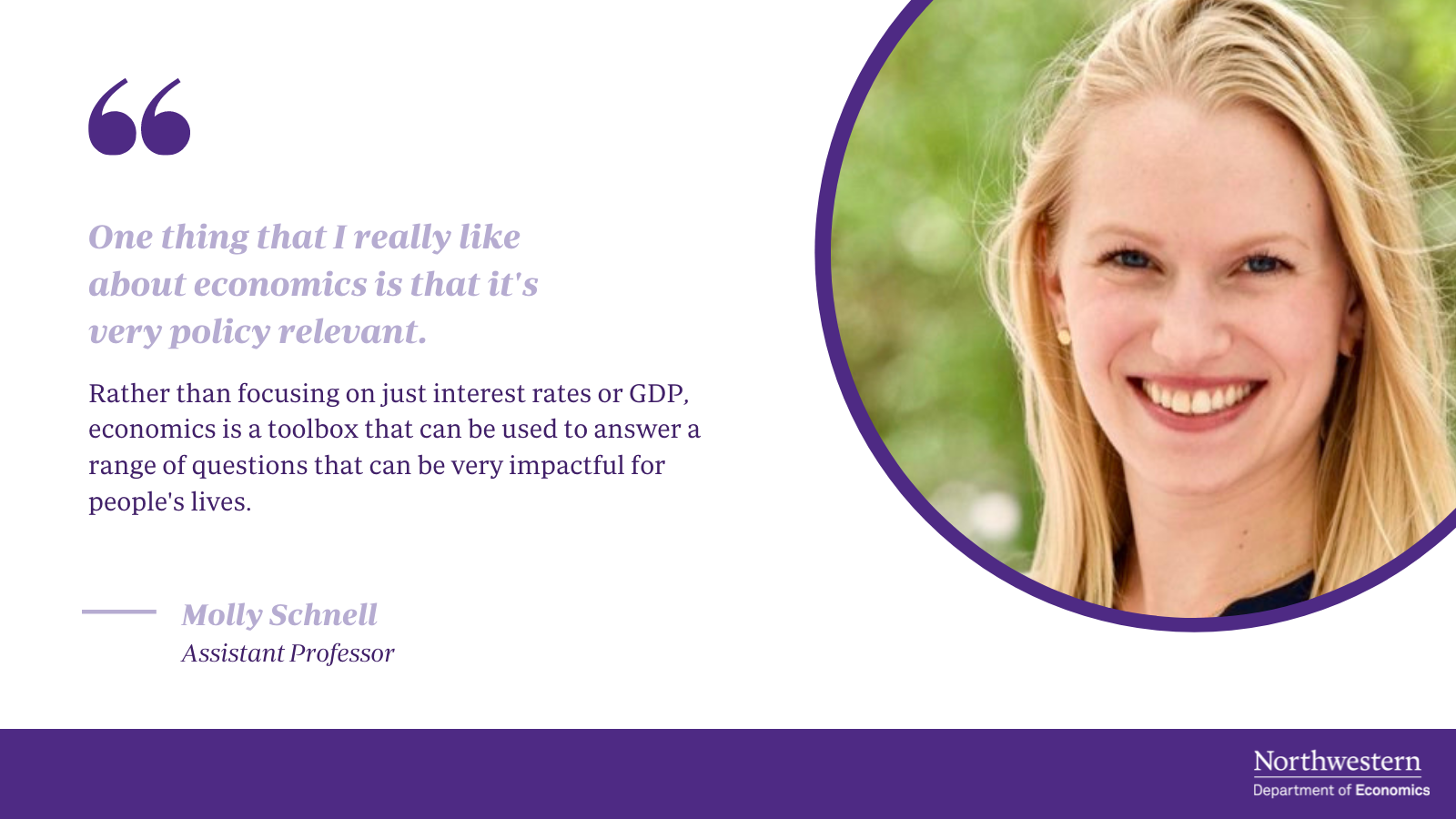What is Economics?
WHAT IS ECONOMICS?
Economics is the study of how we make choices in the face of scarcity and how those choices motivate behavior.
THE FIELD OF ECONOMICS
As individuals, families, and nations, we confront difficult choices about how to use limited resources to meet our needs and wants. Economists study how these choices are made in various settings, evaluate the outcomes in terms of criteria such as efficiency, equity, and stability, and search for alternative forms of economic organization that might produce higher living standards or a more desirable distribution of material well being.
To illustrate the nature of economic inquiry, consider the provision of medical care. The nation does not now have—nor is it ever likely to have—enough doctors, nurses, hospitals, and medical equipment to treat every illness of every person to the fullest extent of existing medical knowledge. Medical care must somehow be rationed. Households must decide how much of their incomes to spend on medical care and insurance. Physicians must choose how much time to devote to their patients and which tests or treatments to prescribe. Students entering college must decide whether to pursue careers as physicians, nurses, or hospital administrators.
The "setting" of these decisions is shaped by government policies, such as those requiring certification of physicians, and immunization against certain diseases. Characteristics of market participants also shape the setting: How well informed are consumers about the prevention and the treatment of disease? Are hospitals run to maximize profits, or are they nonprofit institutions with other goals? Economists specializing in health care study how these factors influence the cost, availability, and distribution of medical care; and they attempt to determine how changes in the setting—for example, increasing government subsidies for preventive care—might affect the performance of the system.

Key Terms In ECONOMICs
- Microeconomics: The analysis of particular markets, such as those for medical care, communications, pollution permits, and higher education
- Macroeconomics: The branch of economics that focuses on the behavior of an economy as a whole. Macroeconomists study the determinants of aggregate output (gross domestic product), inflation, unemployment, and the balance of payments, again with an eye to identifying how changes in the setting might improve overall economic stability and growth.
- Econometrics: The branch of economics concerned with the use of mathematical methods (especially statistics) in describing economic systems.
